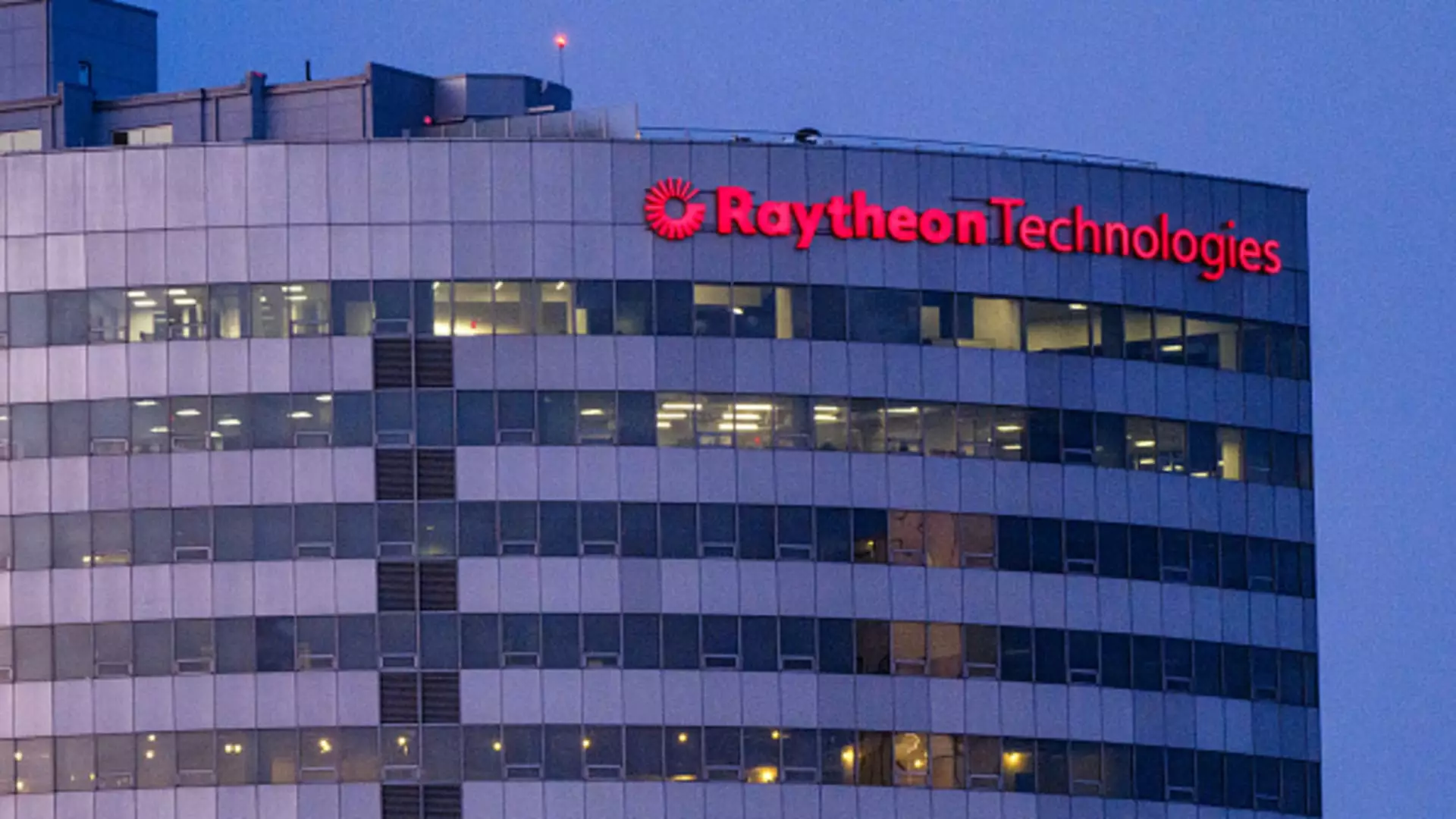Raytheon’s recent settlements with the U.S. Department of Justice (DOJ) and the Securities and Exchange Commission (SEC) highlight critical issues regarding ethical conduct in the defense contracting industry. The company, a subsidiary of RTX, has agreed to pay over $950 million to resolve investigations related to allegations of government contract fraud and violations of both foreign bribery laws and the Arms Export Control Act. The magnitude of these settlements points to systemic issues within the business practices employed in the highly sensitive area of national defense.
The DOJ announced that Raytheon’s total financial obligations will include more than $124 million specifically attributed to violations of the Foreign Corrupt Practices Act (FCPA). This includes allegations of bribing a relative of Qatar’s emir, as well as payments to various officials tied to defense contracts. The revelation that Raytheon allegedly paid over $32 million in bribes raises significant questions about the integrity of contract procurements in international defense relationships. Interestingly, a portion of this settlement, over $22 million, will be offset due to overlapping charges with the DOJ’s agreement.
As part of the agreements, Raytheon is to enter into deferred prosecution agreements in two separate federal district courts—Brooklyn, New York, and Massachusetts. These agreements are meant to hold Raytheon accountable while allowing the company an opportunity to rectify its legal missteps without facing immediate criminal charges.
This settlement marks not only a financial penalty but also a necessary shift in how Raytheon, and potentially other defense contractors, will manage compliance and ethical standards moving forward. The company will be required to appoint an independent monitor for a three-year term to ensure adherence to compliance reforms and to foster a culture of integrity within its operations.
Deputy Assistant Attorney General Kevin Driscoll emphasized that such fraudulent behavior is damaging not only to public trust but also adversely affects the Department of Defense and the broader defense contracting ecosystem. His comments stress the importance of ethical behavior among companies that are entrusted with procuring critical military systems, as their conduct has far-reaching implications for American taxpayers.
In its defense, RTX stated that the alleged misconduct took place predominantly before 2020, implying a break from past practices and affirming a commitment to ethical standards moving forward. The company’s resolve to accept responsibility and enhance its internal compliance frameworks signifies an acknowledgment that systemic change is vital for regaining trust from both regulatory bodies and the public.
As the defense sector continues to evolve, the need for stringent ethical standards becomes ever more critical. Raytheon’s settlements serve as a cautionary tale and a pivotal case study for how legacy practices in defense contracting must transform to adhere to today’s ethical expectations. Moving forward, the industry should expect heightened scrutiny and a push for transparency as both governmental agencies and the American public demand accountability and trustworthiness from companies tasked with national security.


Leave a Reply